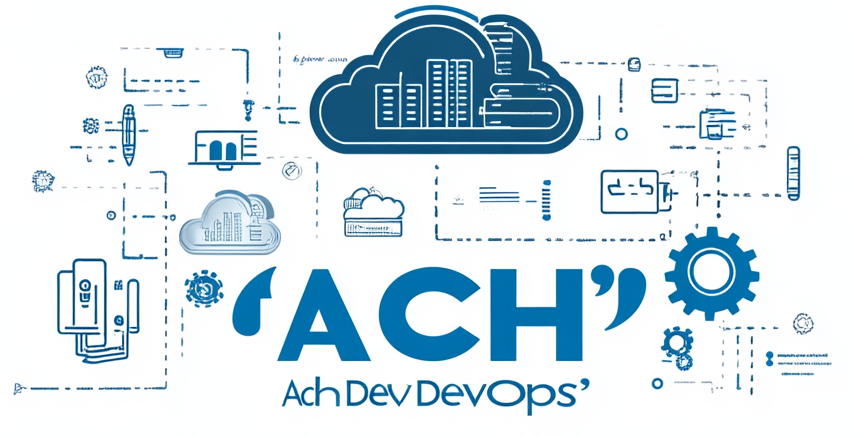As businesses increasingly rely on cloud services for their IT infrastructure, choosing the right cloud provider is crucial. Amazon Web Services (AWS), Microsoft Azure, and Google Cloud Platform (GCP) are the three dominant players in the cloud market. Each offers a unique set of features, strengths, and weaknesses. This article provides an in-depth analysis of the pros and cons of these major cloud service providers.
Amazon Web Services (AWS)
Pros:
- Market Leader: AWS is the most mature and widely used cloud platform, offering the broadest range of services and the largest customer base.
- Extensive Service Portfolio: AWS provides a comprehensive suite of services, including computing, storage, databases, machine learning, analytics, and more.
- Global Reach: AWS has the most extensive global network of data centers, providing high availability and low latency options for global operations.
- Strong Ecosystem: AWS has a robust ecosystem with a wide range of third-party integrations, tools, and a strong community.
Cons:
- Complex Pricing: AWS’s pricing model can be complex and challenging to navigate, often leading to unexpected costs if not carefully managed.
- Steep Learning Curve: Due to its extensive service offerings, AWS can be overwhelming for newcomers, requiring significant learning and expertise.
- Vendor Lock-In: AWS’s proprietary technologies can make it difficult to switch providers or migrate workloads.
Microsoft Azure
Pros:
- Seamless Integration with Microsoft Products: Azure offers excellent integration with Microsoft products, such as Windows Server, Active Directory, and Office 365, making it an ideal choice for organizations already invested in Microsoft technologies.
- Hybrid Cloud Capabilities: Azure provides robust hybrid cloud solutions, enabling businesses to seamlessly integrate on-premises infrastructure with cloud services.
- Comprehensive Security: Azure offers strong security features and compliance certifications, making it suitable for highly regulated industries.
- Developer Tools: Azure offers a wide range of developer tools and services, including Visual Studio, Azure DevOps, and a variety of SDKs.
Cons:
- Service Reliability: While improving, Azure has faced some high-profile outages and reliability issues in the past.
- Pricing Complexity: Similar to AWS, Azure’s pricing can be complex, and costs can add up quickly if not carefully monitored.
- Limited Regional Coverage: Although expanding, Azure has fewer data centers and regions compared to AWS, which may affect availability and latency for some users.
Google Cloud Platform (GCP)
Pros:
- Innovative Technologies: GCP is known for its strong focus on data analytics, machine learning, and artificial intelligence, with services like BigQuery and TensorFlow.
- Competitive Pricing: GCP often offers competitive pricing and transparent billing, with features like sustained use discounts and preemptible instances.
- Open Source and Multi-Cloud Friendly: GCP has a strong commitment to open-source technologies and supports multi-cloud deployments, making it easier to avoid vendor lock-in.
- Strong Network Infrastructure: GCP benefits from Google’s global network infrastructure, providing fast and reliable connectivity.
Cons:
- Smaller Market Share: GCP has a smaller market share compared to AWS and Azure, which may result in fewer third-party integrations and community support.
- Limited Service Range: While strong in data analytics and AI, GCP’s overall service portfolio is not as extensive as AWS or Azure.
- Enterprise Adoption: GCP has been slower to gain enterprise adoption, particularly among traditional industries.
Conclusion
Choosing the right cloud provider depends on various factors, including specific business needs, existing technology investments, and long-term strategy. AWS offers a wide range of services and a mature ecosystem, making it suitable for a wide range of use cases. Azure excels in hybrid cloud solutions and integration with Microsoft products, making it ideal for organizations with existing Microsoft investments. GCP stands out for its innovative data analytics and AI capabilities, offering competitive pricing and strong support for multi-cloud strategies.
